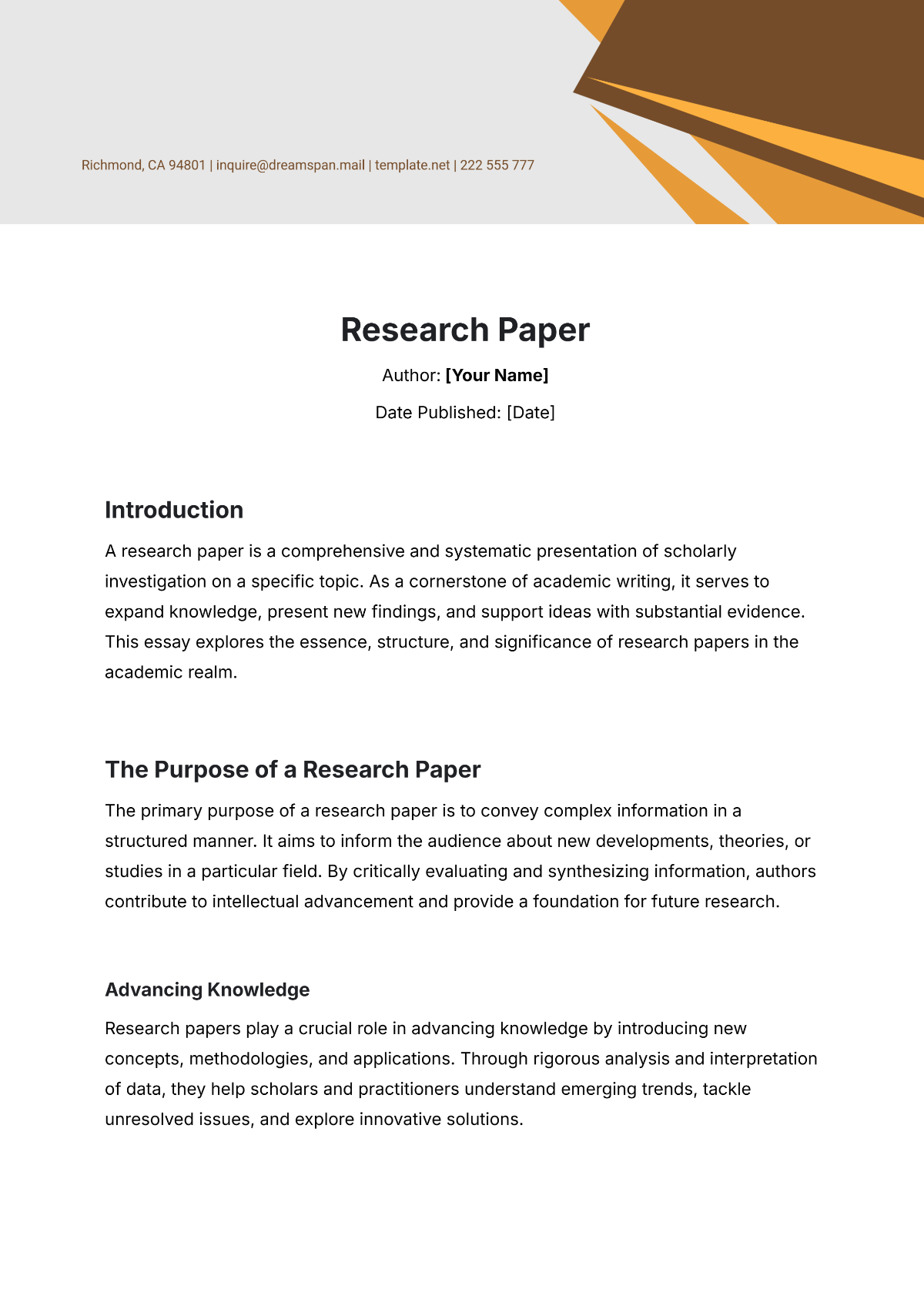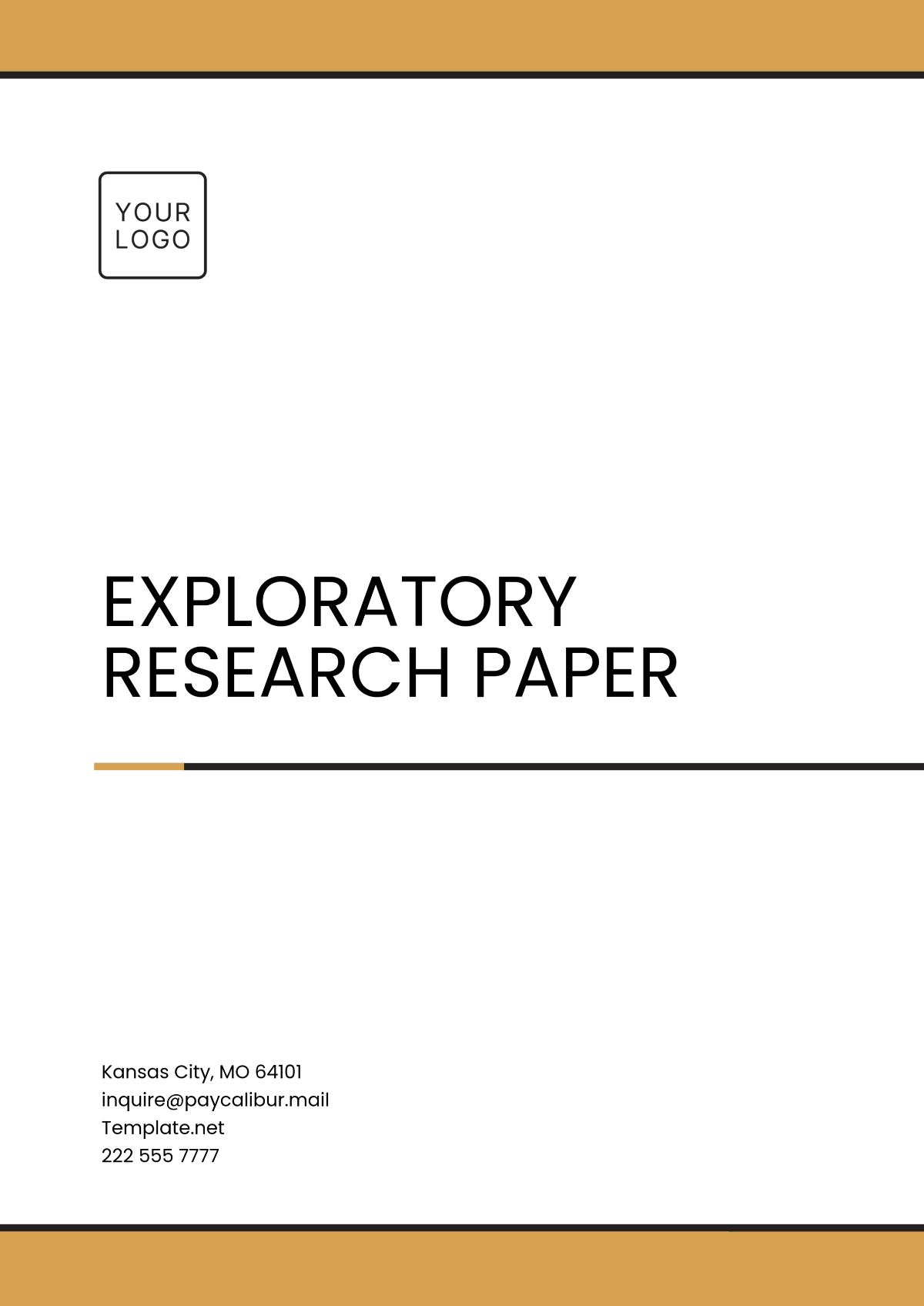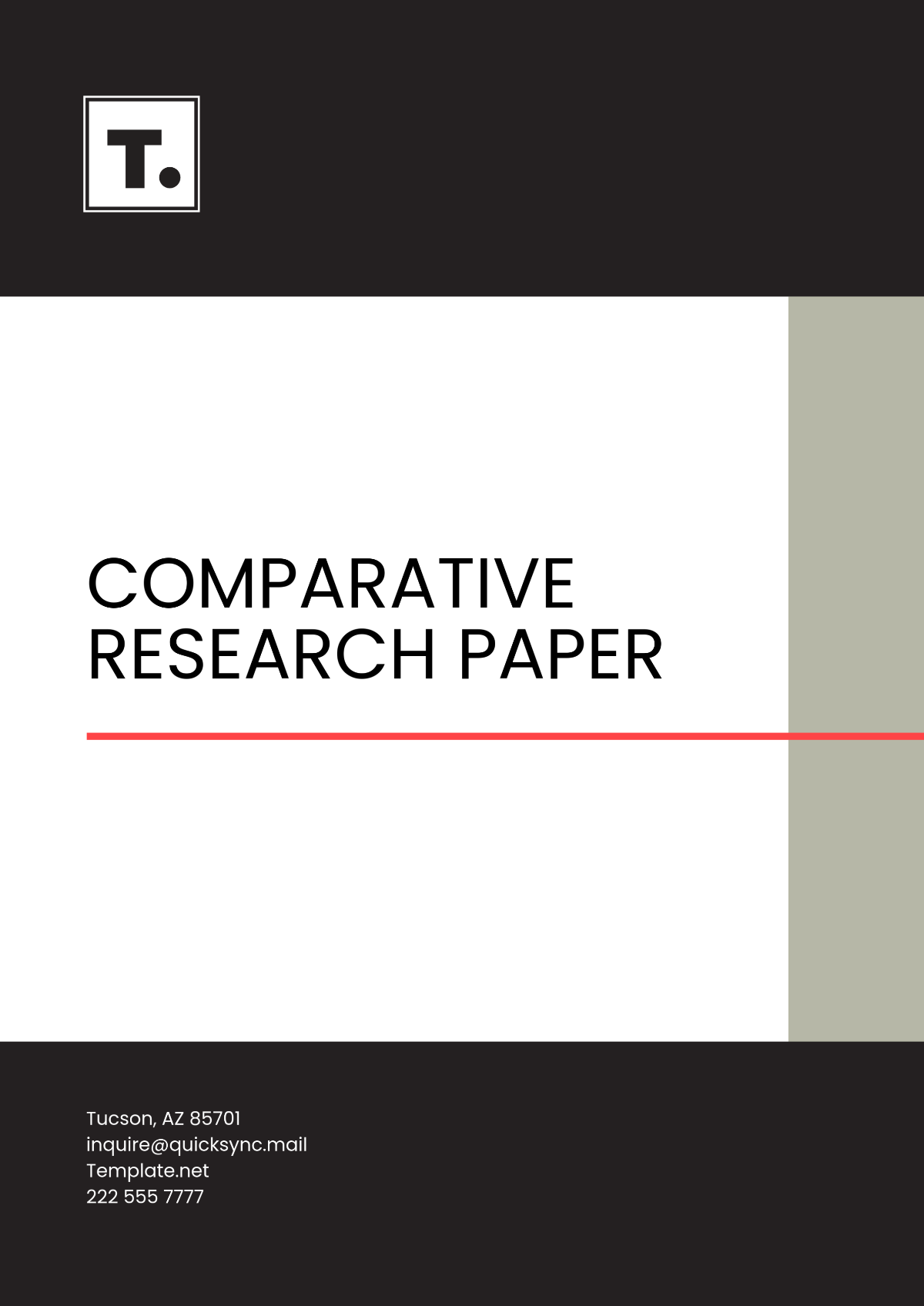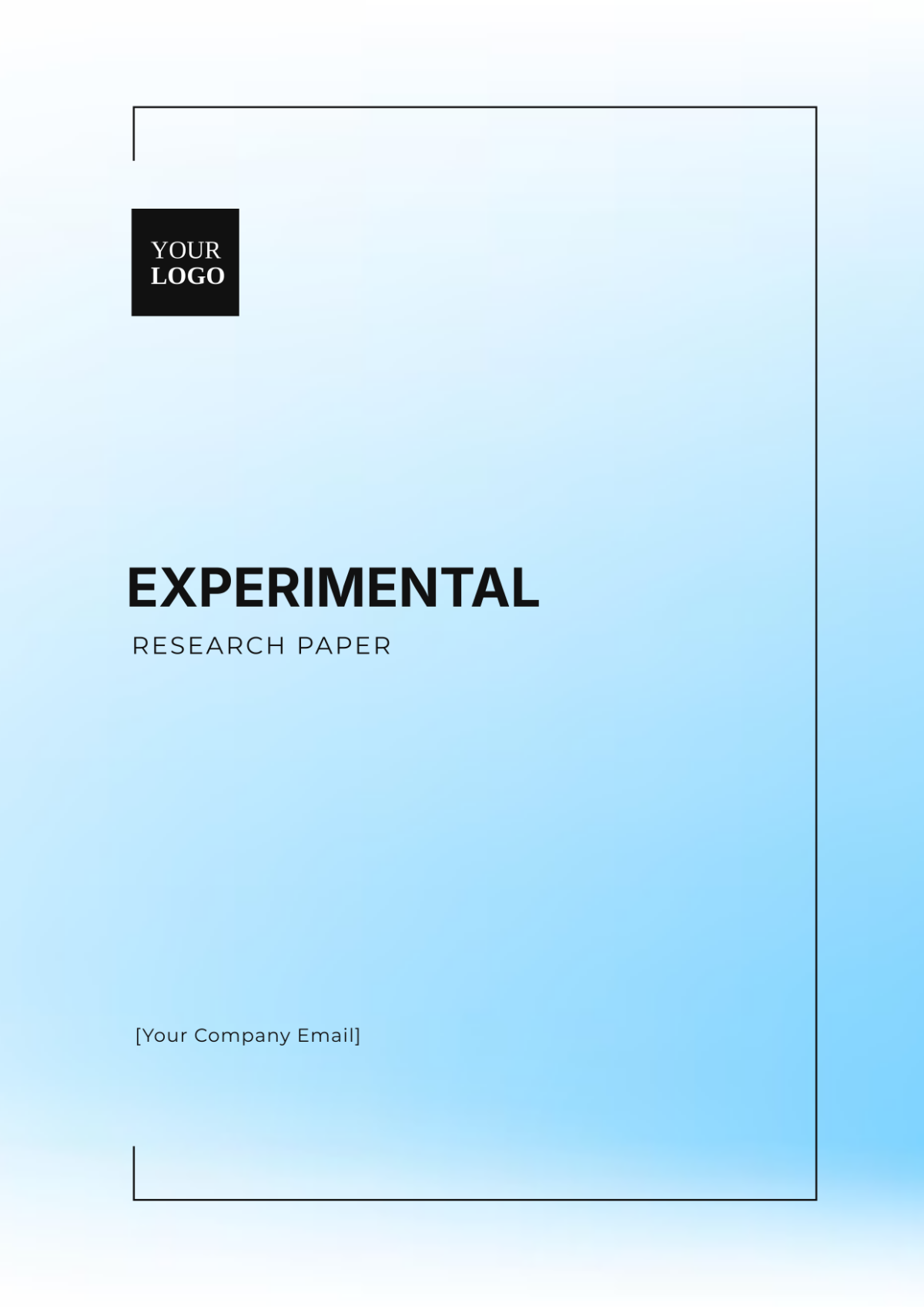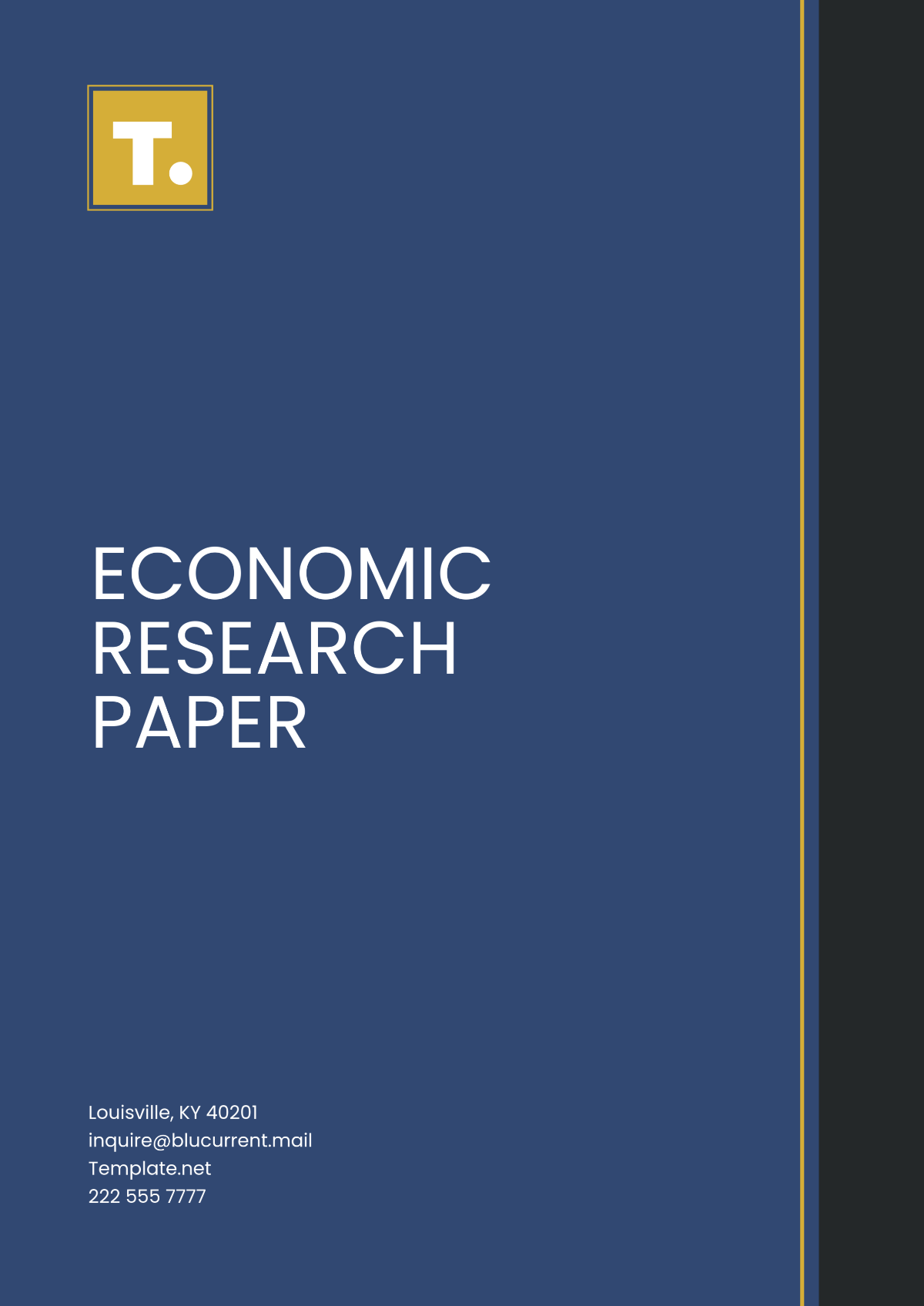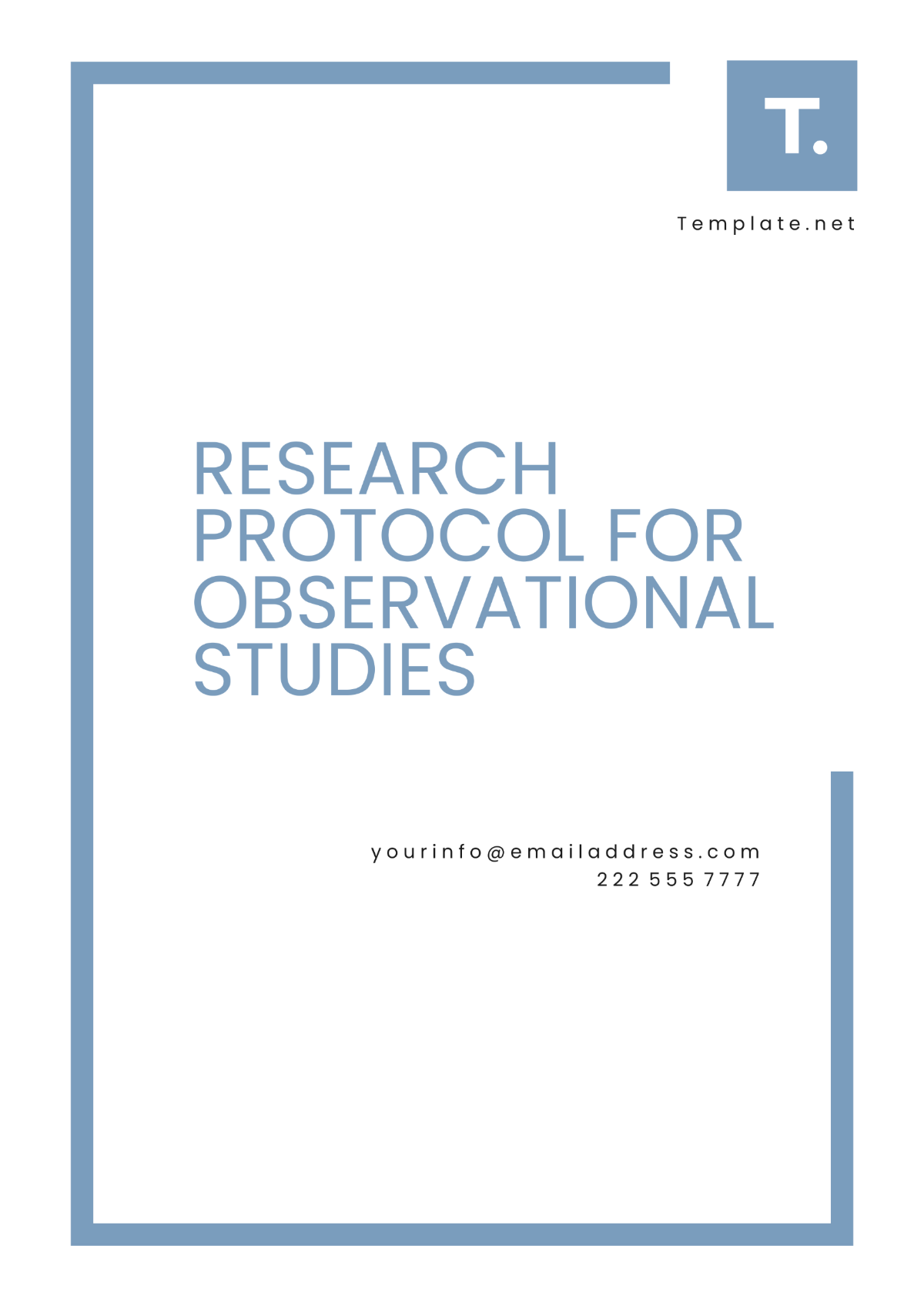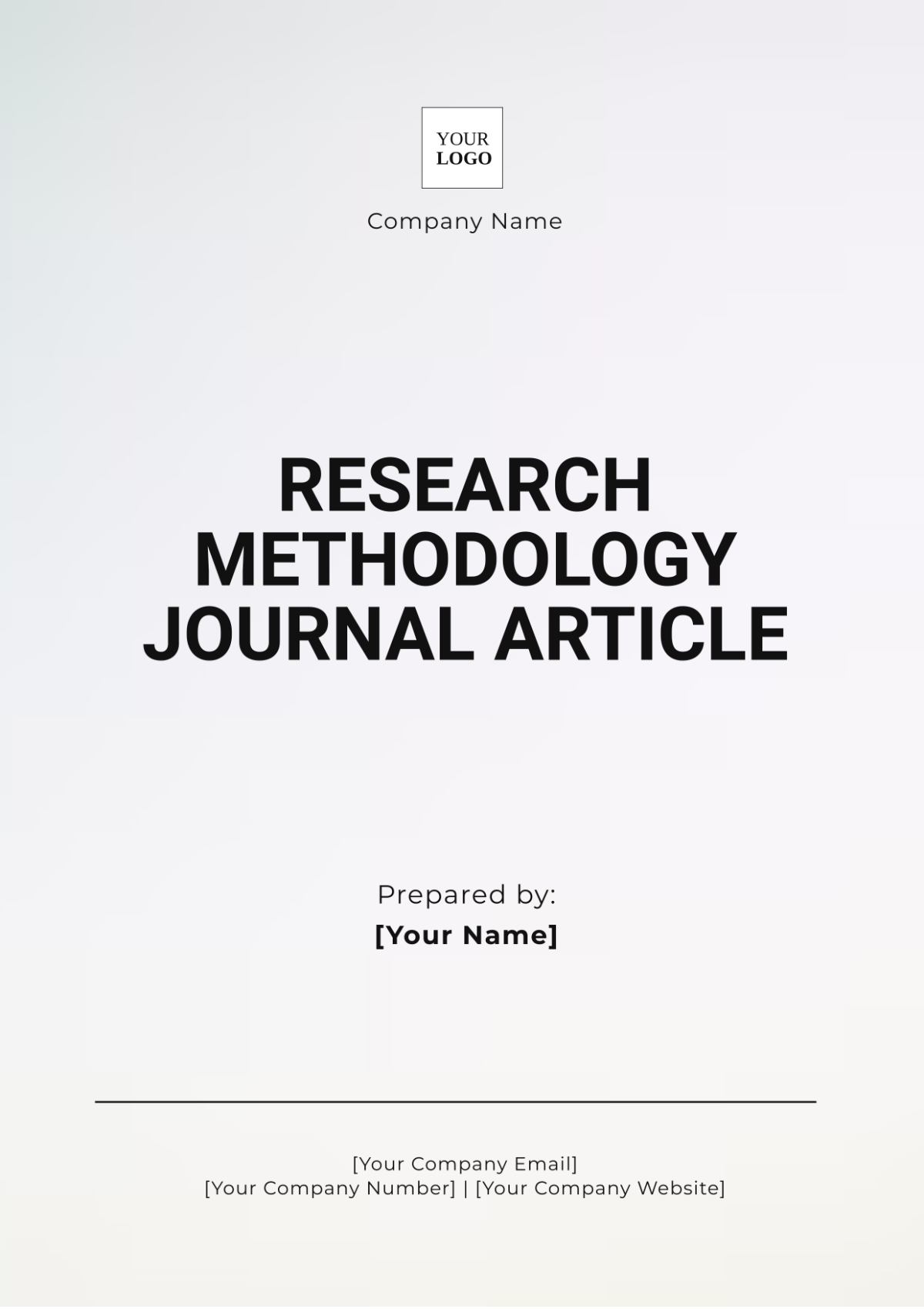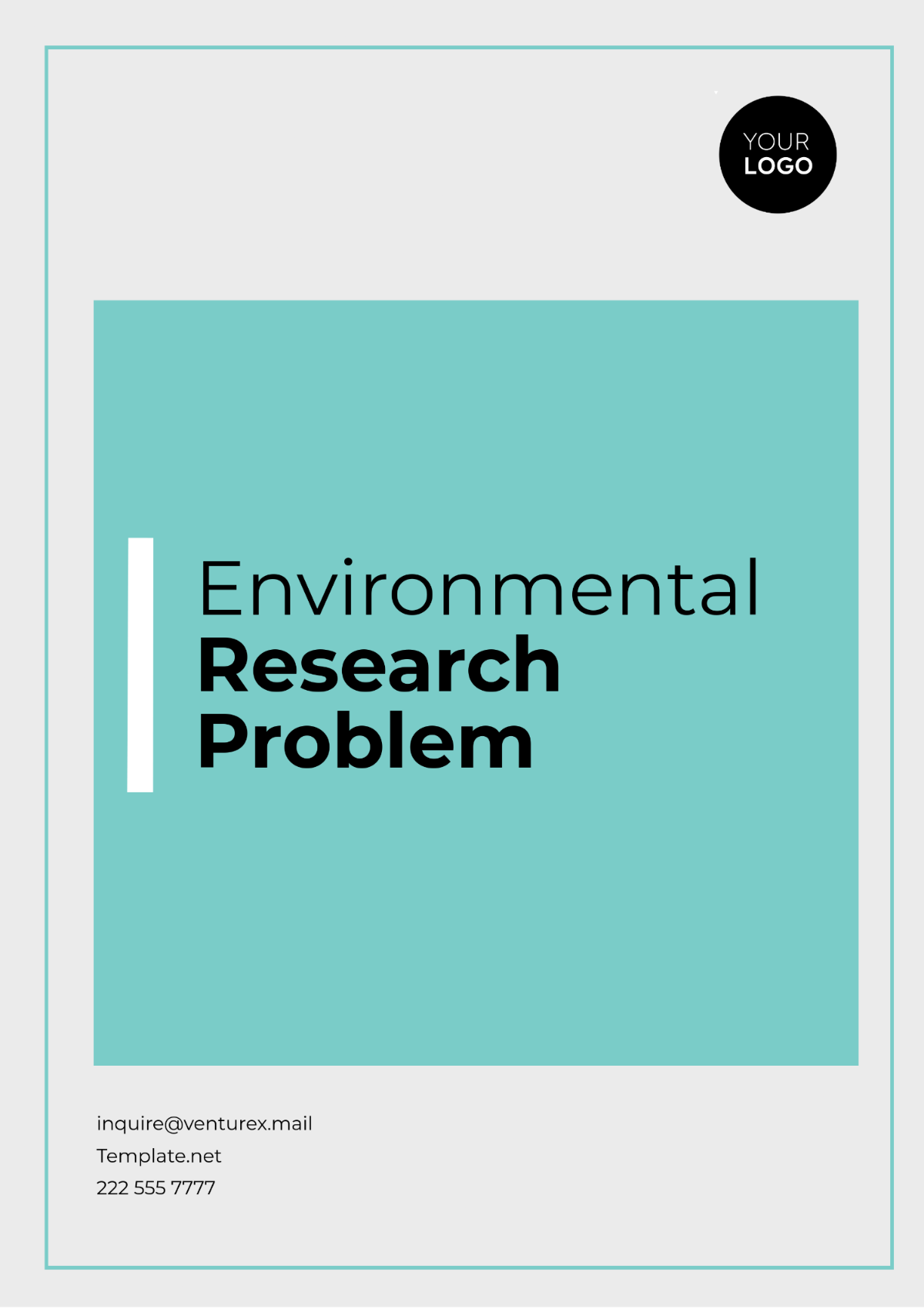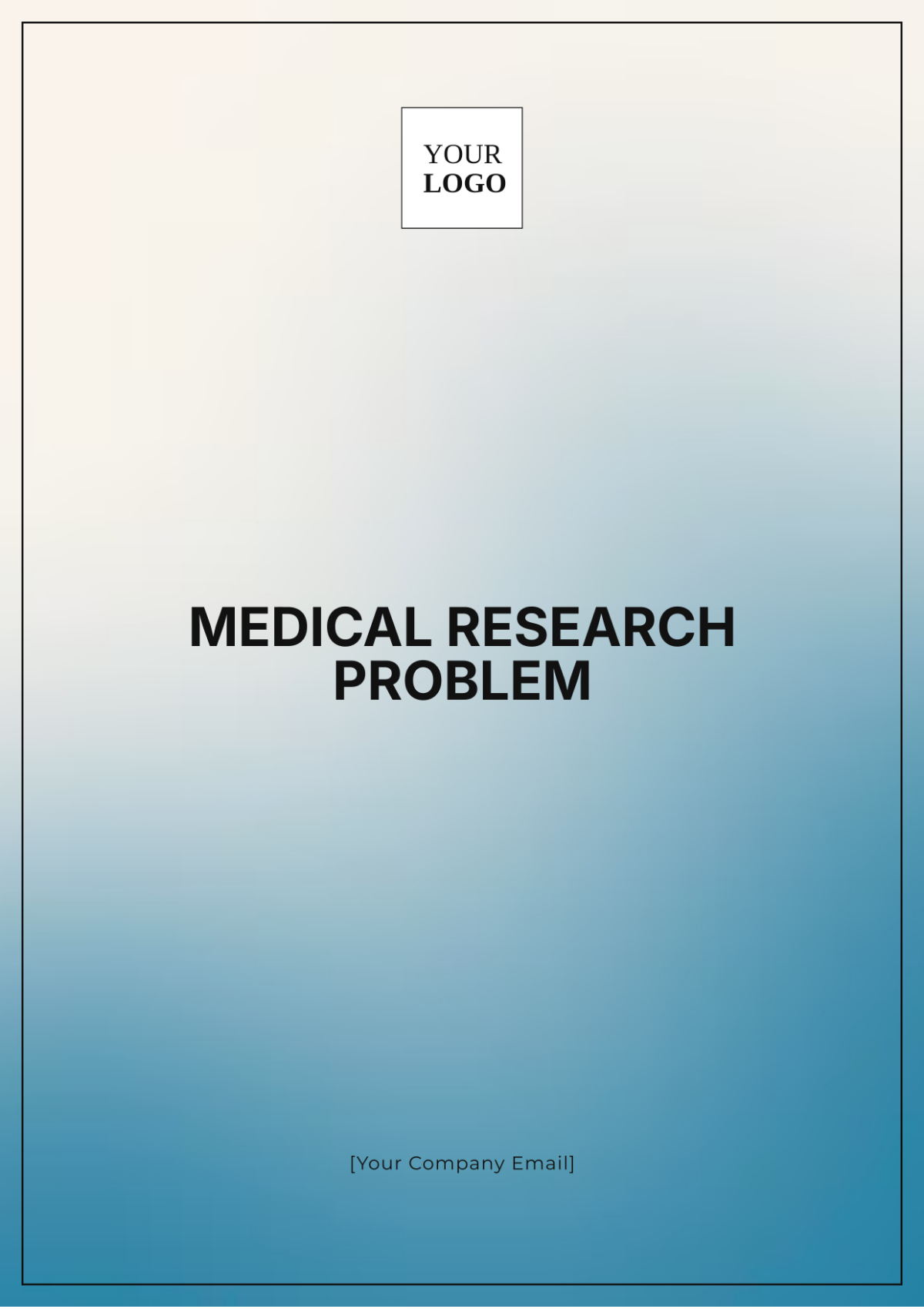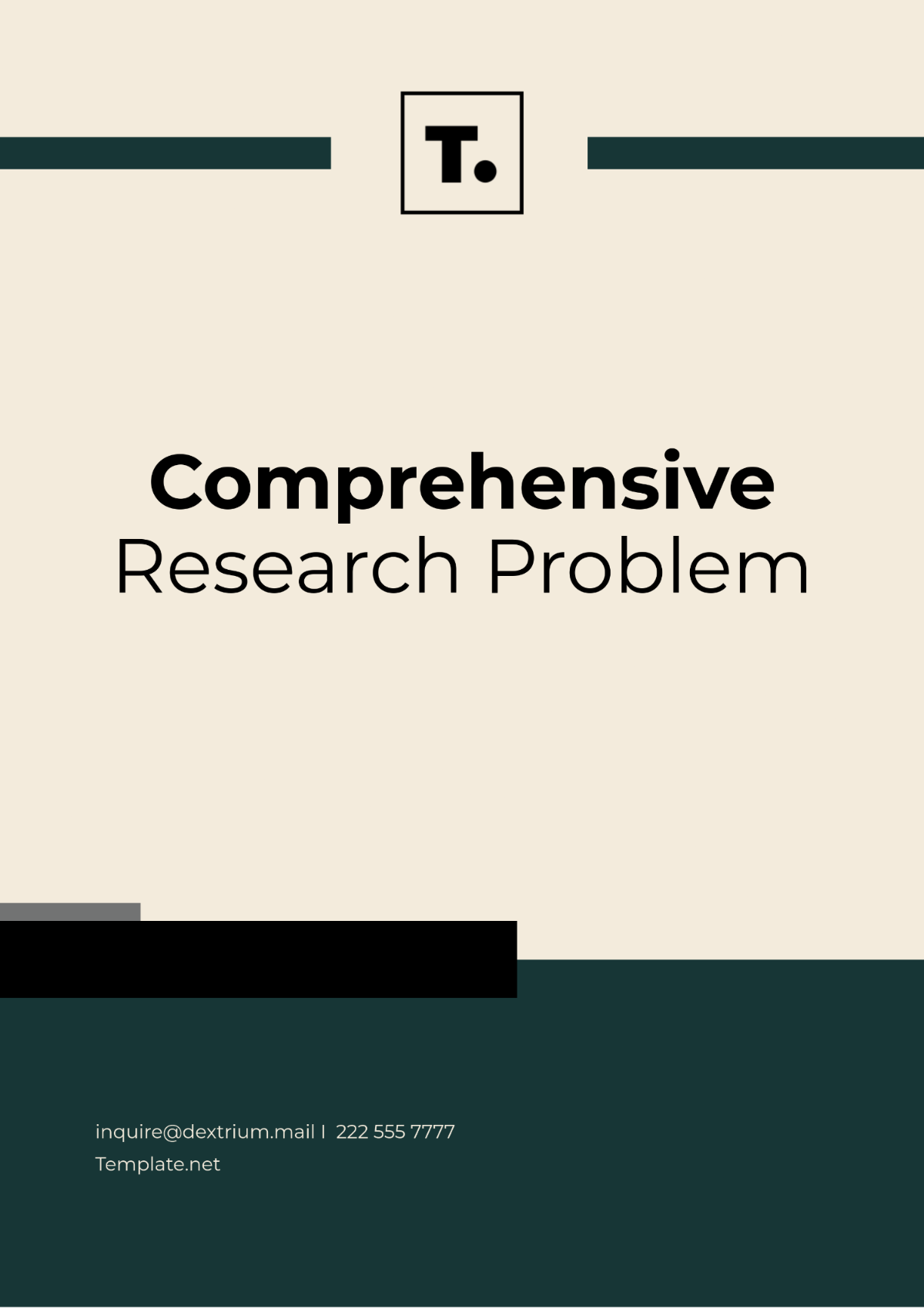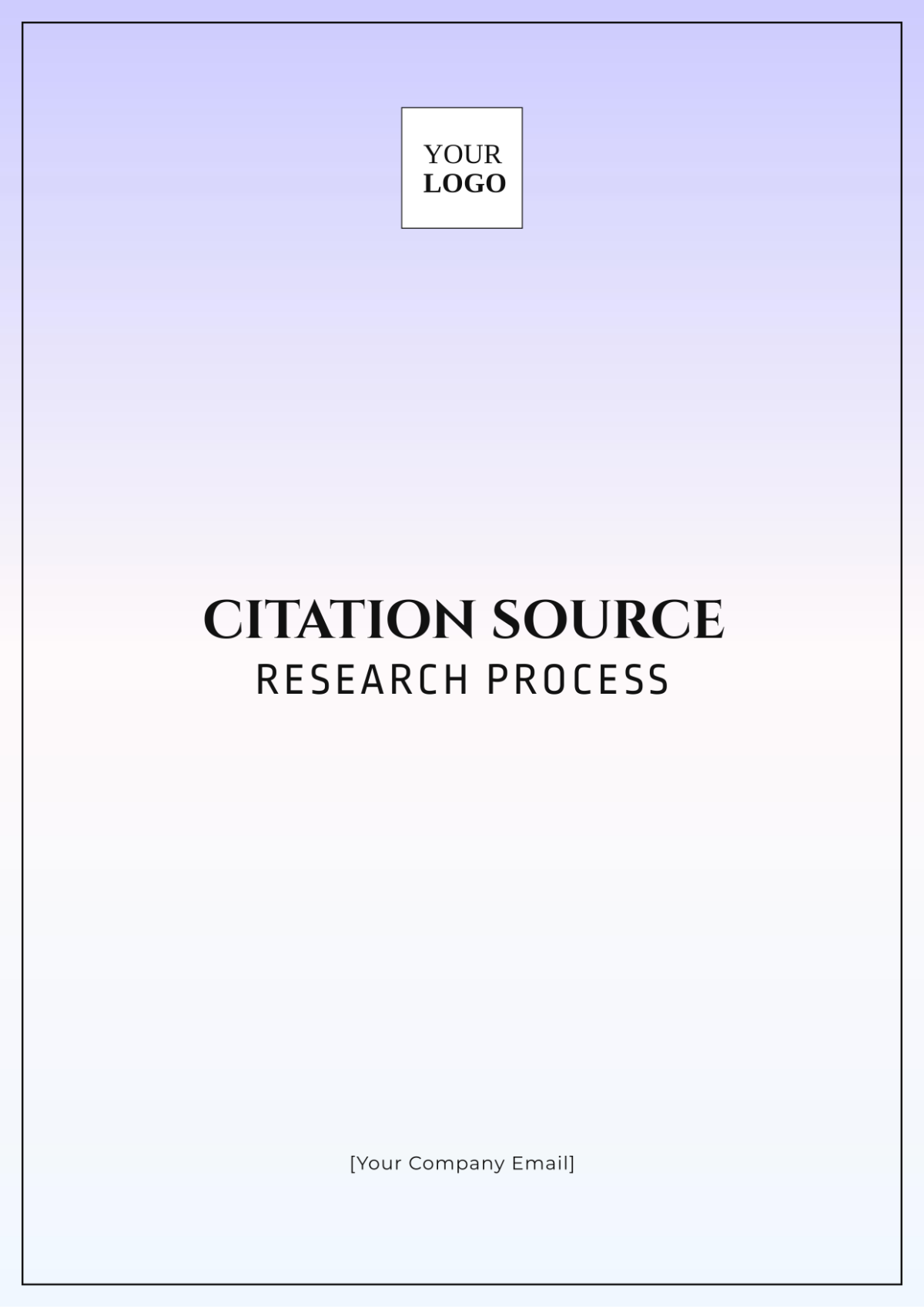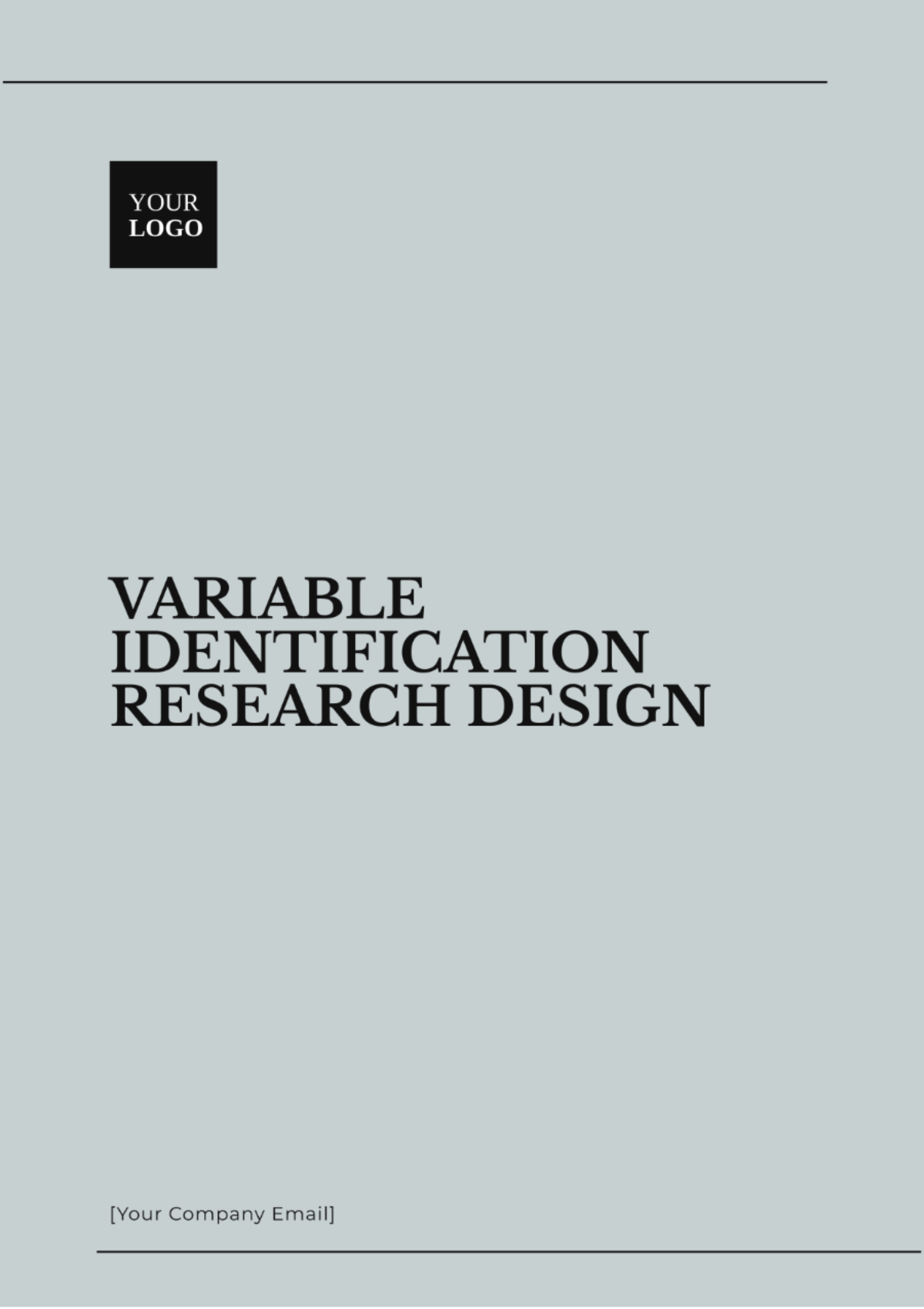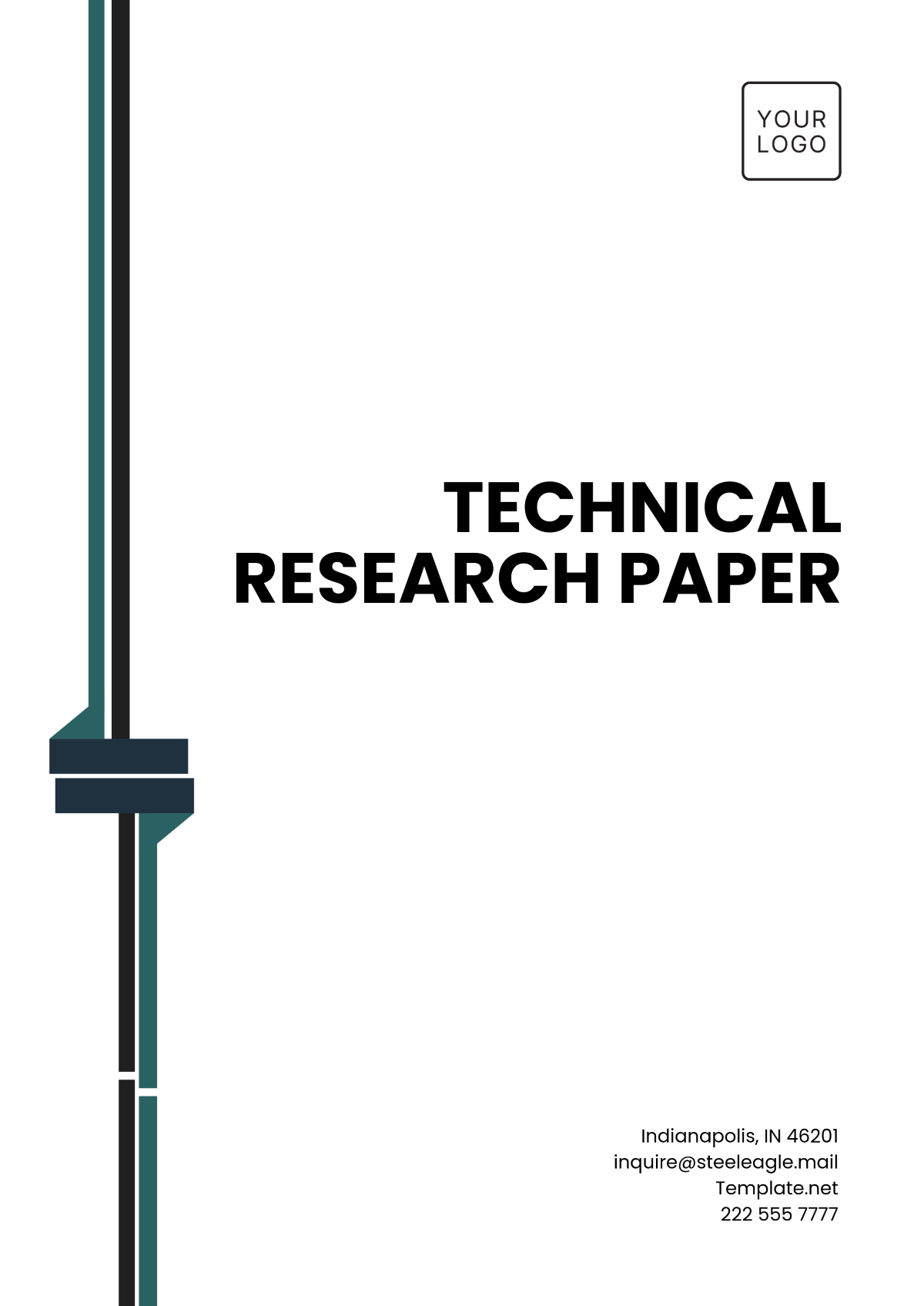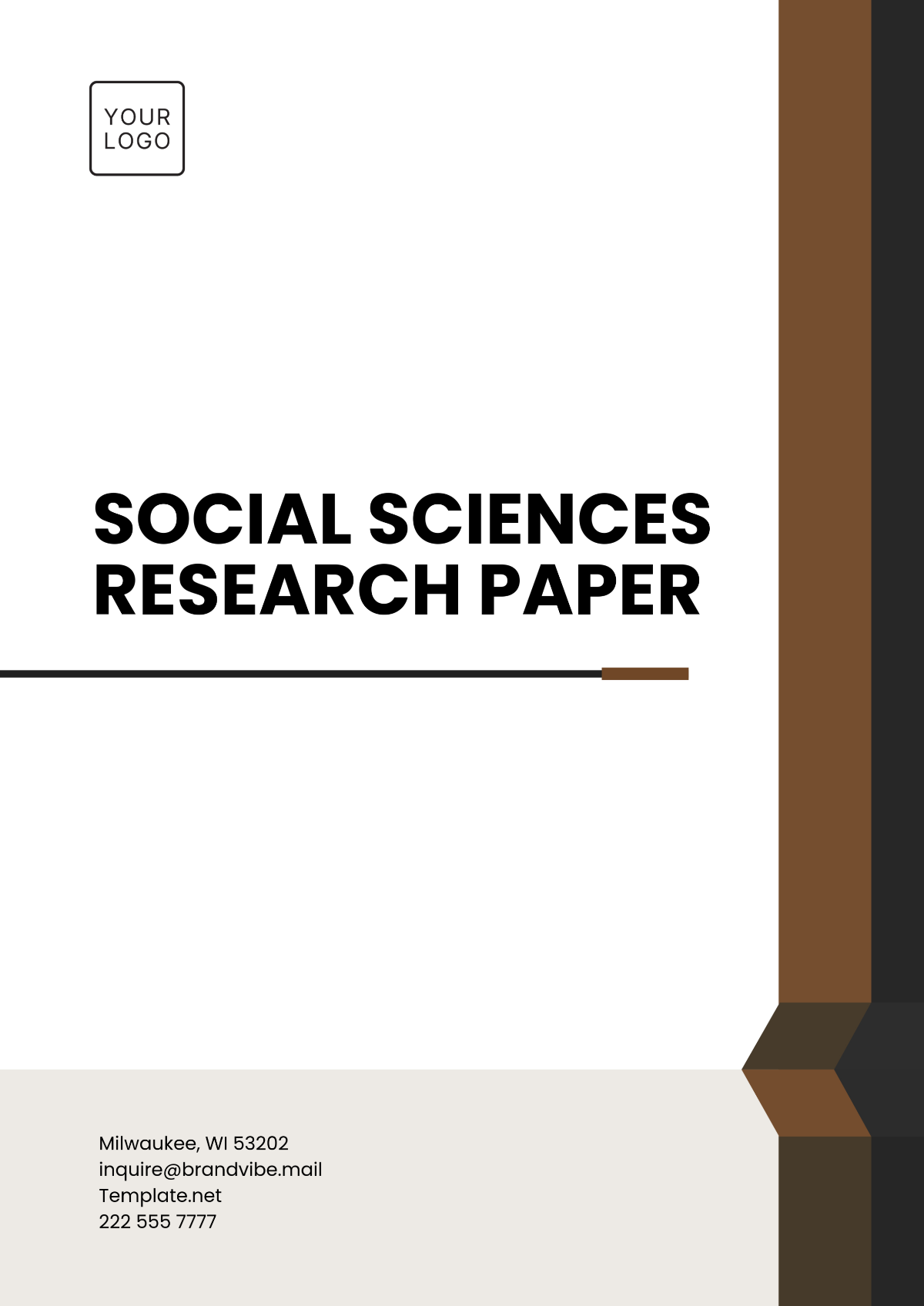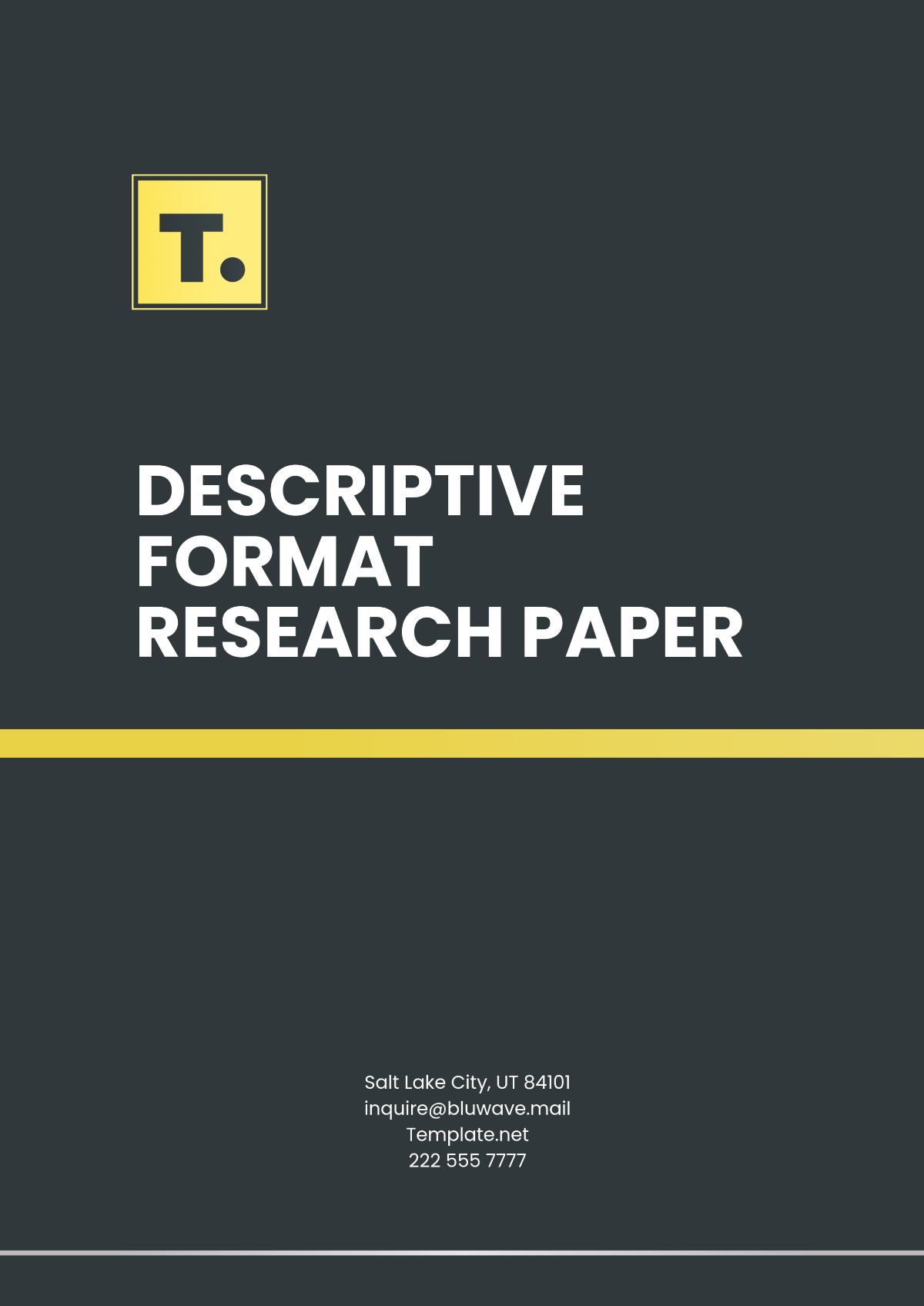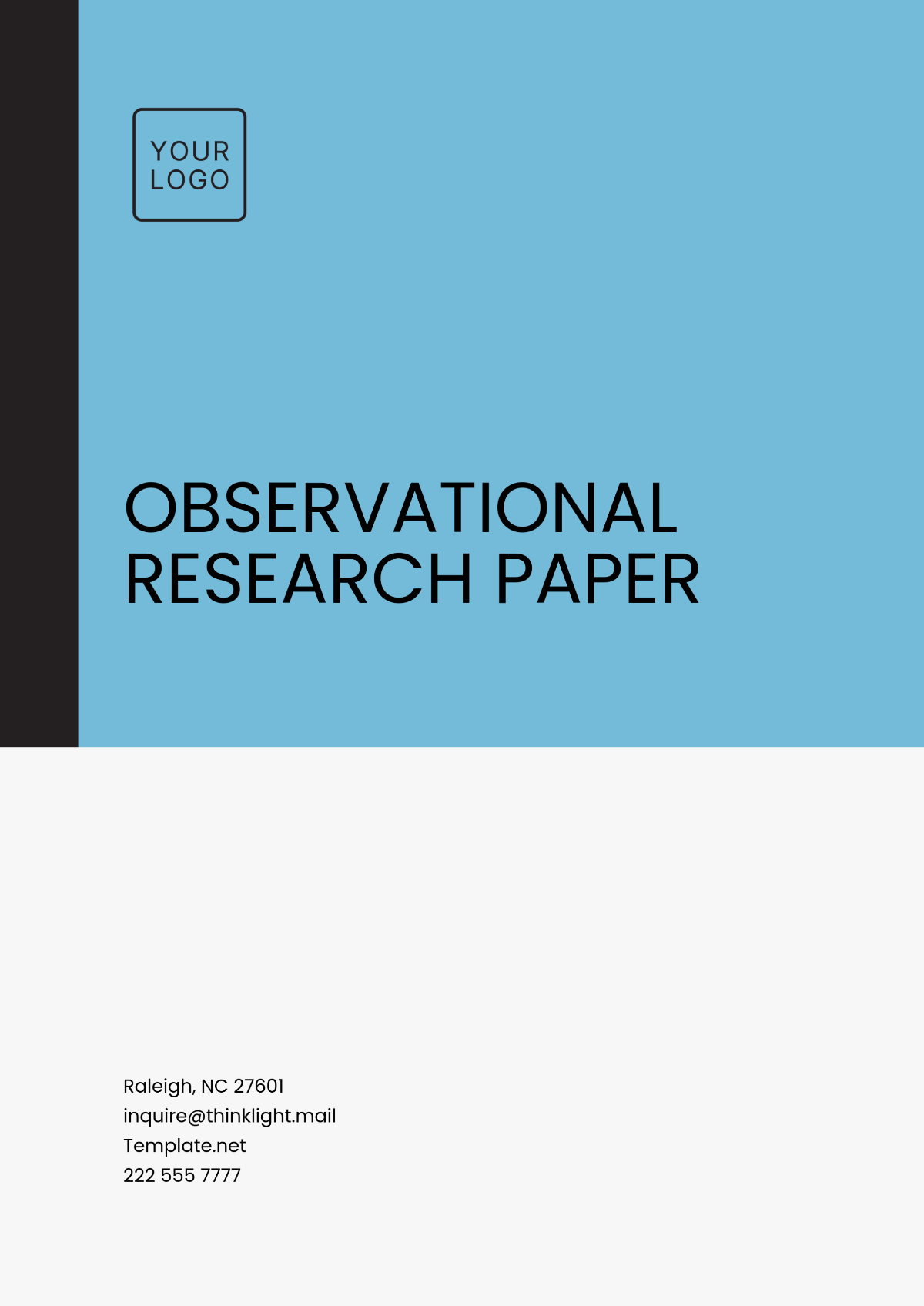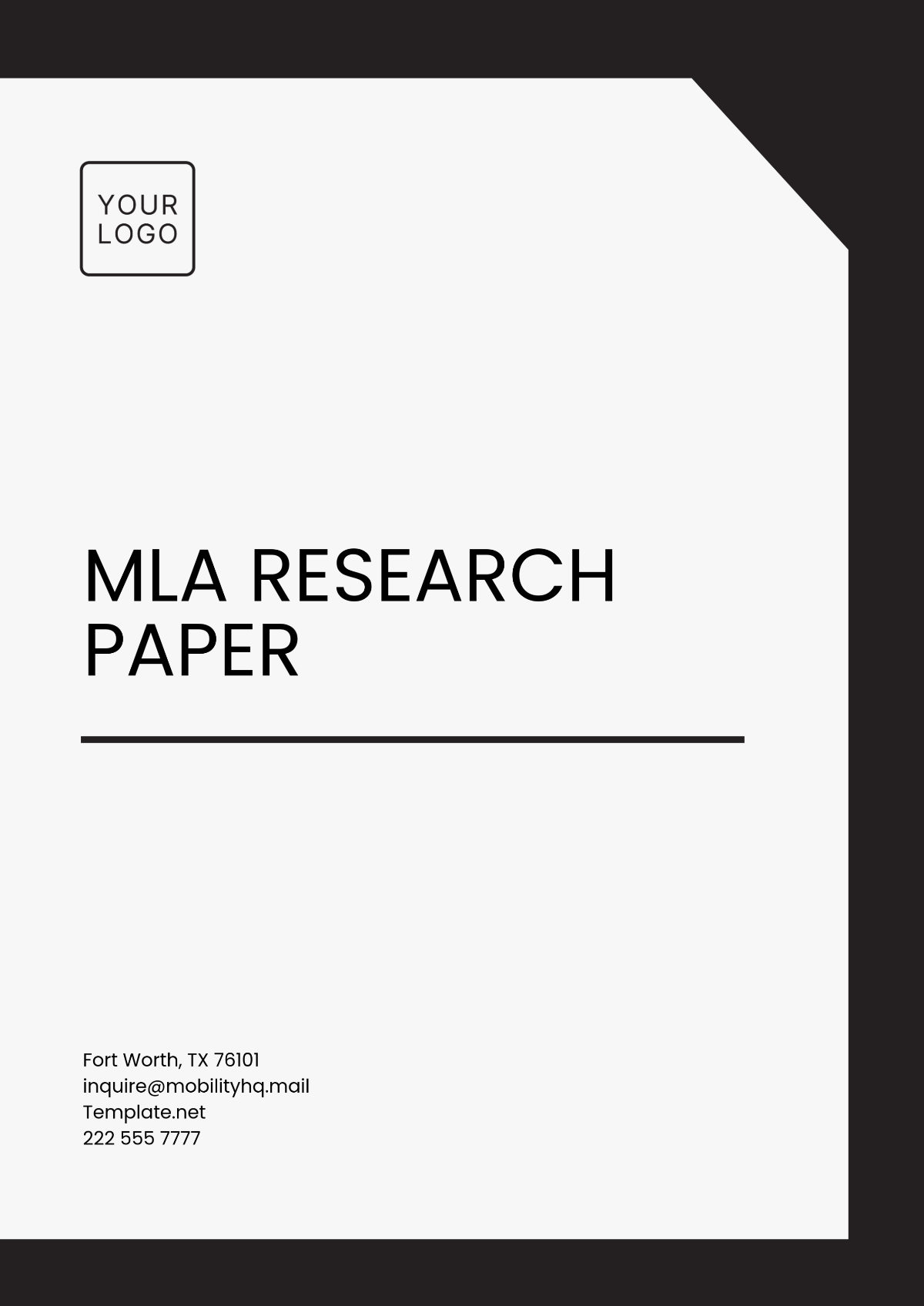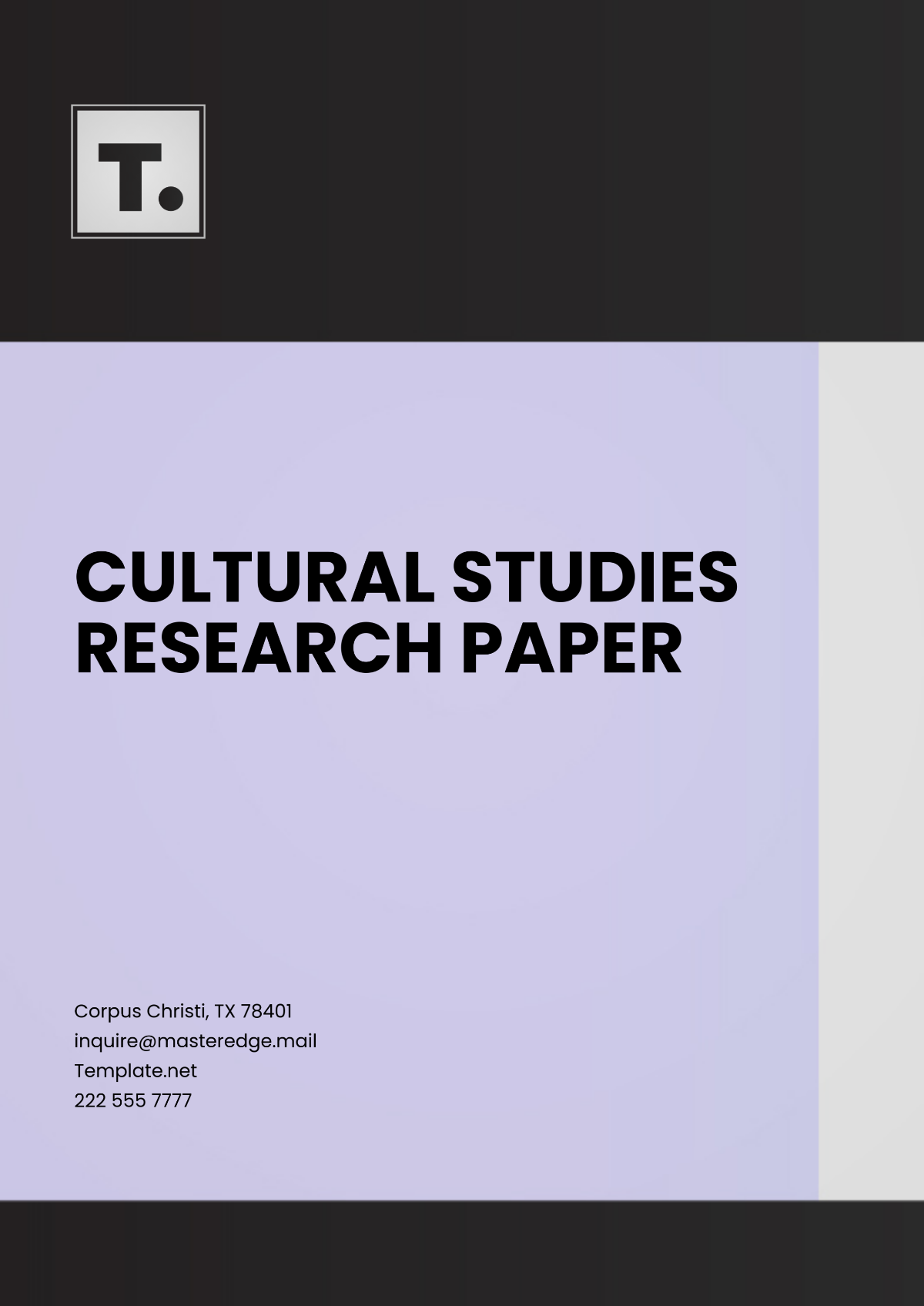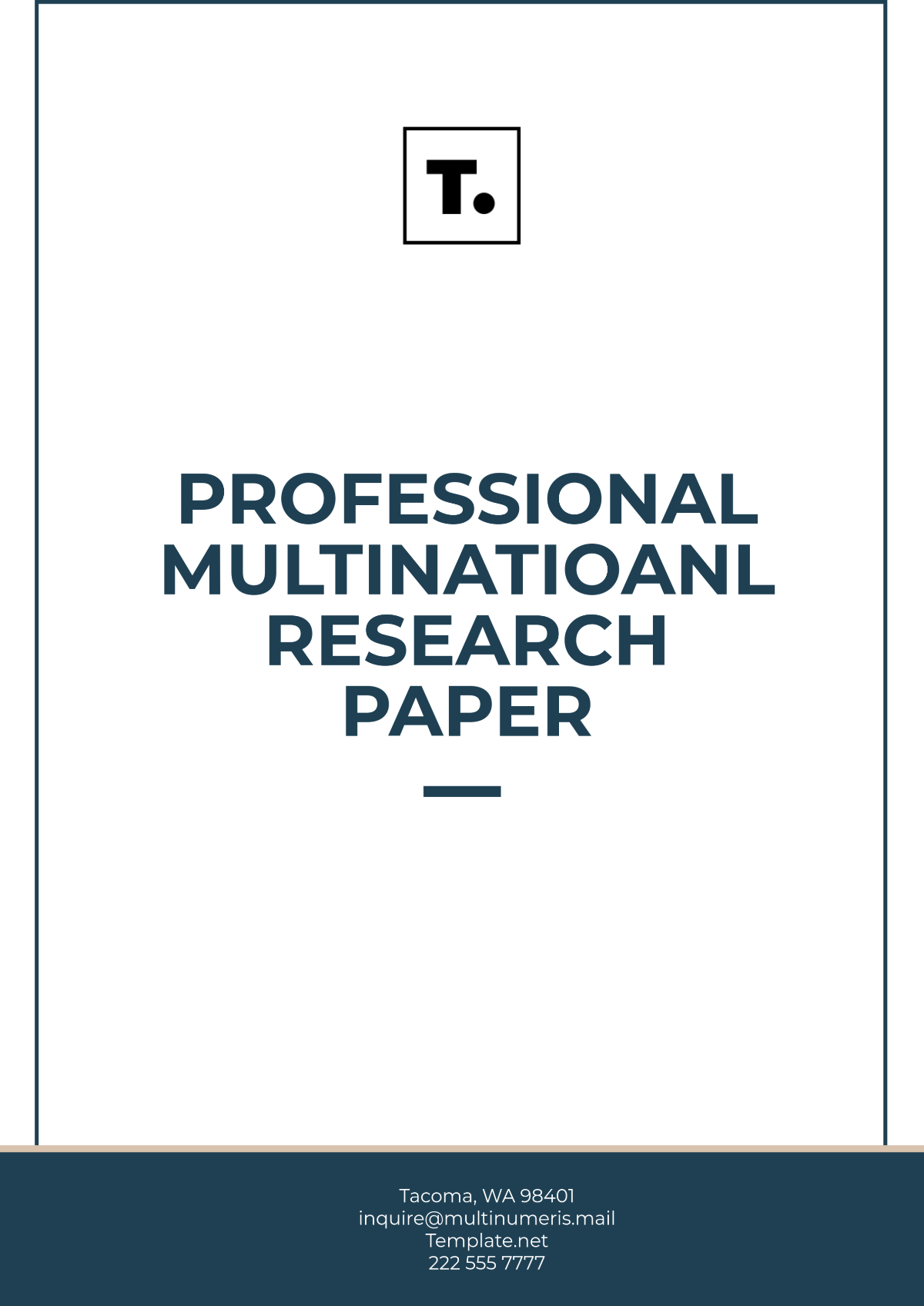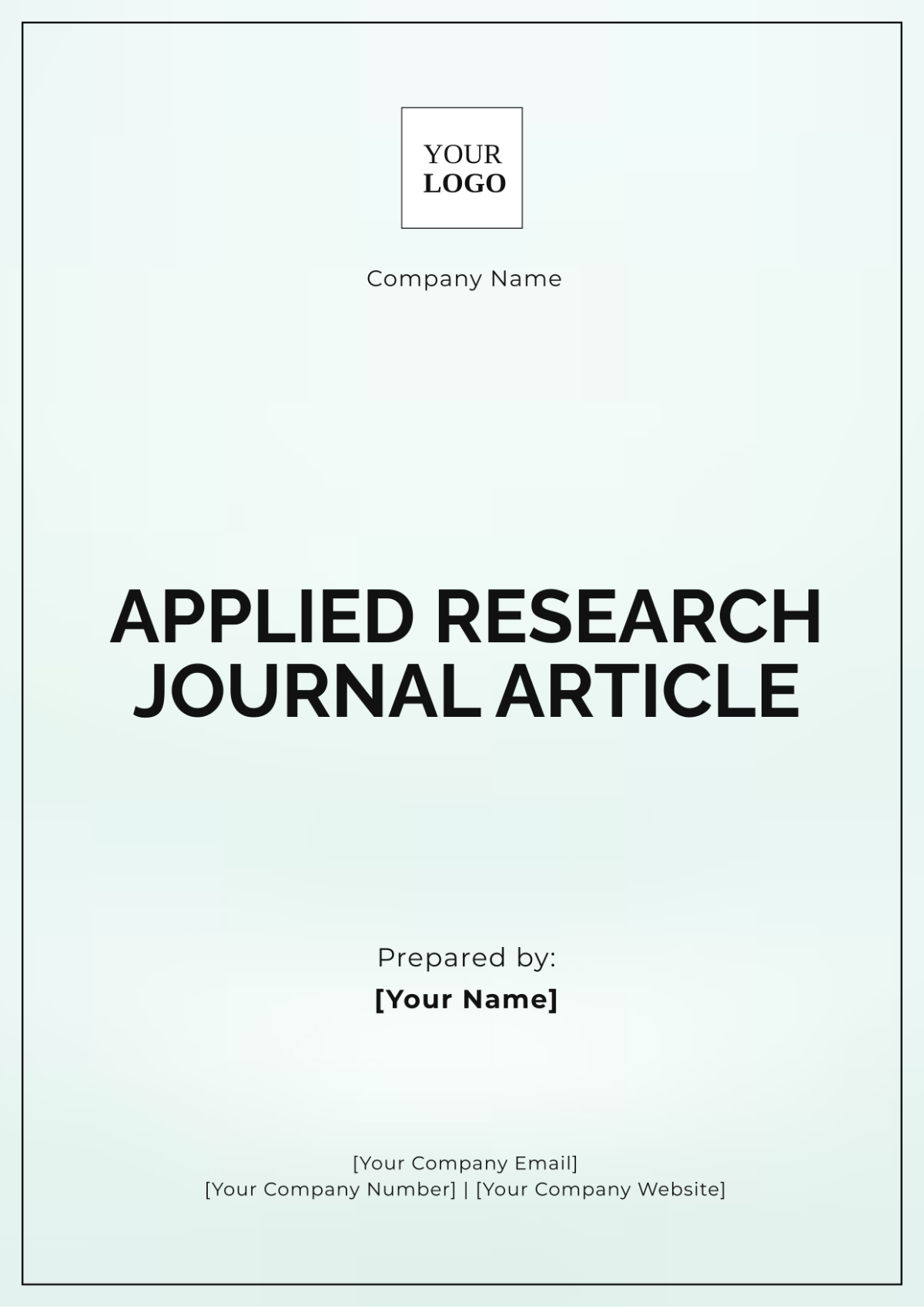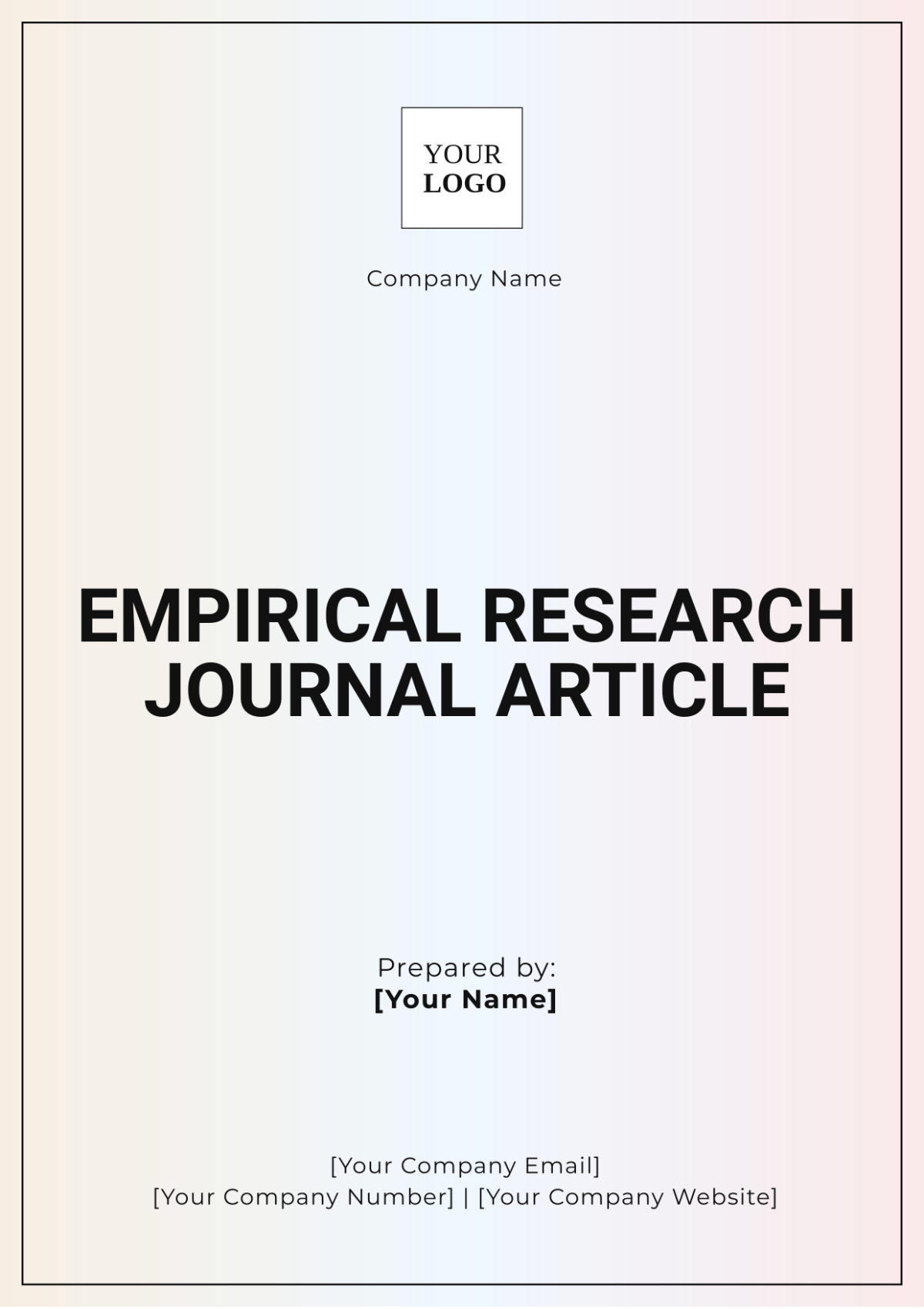Environmental Research Problem
Prepared By: [Your Name]
Organization Name: [Your Company Name]
1. Introduction
Microplastics, tiny plastic particles less than 5 millimeters in diameter, have become pervasive pollutants in marine environments. These particles result from the breakdown of larger plastic items and pose significant threats to marine biodiversity. Understanding the extent of their impact is crucial for developing effective mitigation strategies.
2. Research Questions
What is the concentration of microplastics in different marine ecosystems?
How do microplastics affect the health and behavior of marine species?
What are the potential pathways through which microplastics enter the food chain?
What mitigation measures can be implemented to reduce microplastic pollution?
3. Literature Review
Recent studies have shown that microplastics are widespread in marine environments, affecting both surface waters and deep-sea habitats. Research indicates that these particles can be ingested by marine organisms, potentially leading to physical harm and chemical contamination. Existing literature highlights the need for comprehensive studies to quantify their impact and develop targeted solutions.
4. Methodology
The research will involve:
Sampling: Collecting water and sediment samples from various marine ecosystems, including coastal areas, open ocean, and deep-sea environments.
Analysis: Using microscopy and spectroscopy techniques to identify and quantify microplastic particles in the samples.
Biological Assessments: Studying the effects of microplastics on selected marine species through laboratory and field experiments.
Data Integration: Analyzing the collected data to determine the correlation between microplastic concentration and biological impact.
5. Expected Outcomes
The research is expected to provide:
Detailed data on the concentration of microplastics in different marine environments.
Insights into the effects of microplastics on marine organisms, including health impacts and behavioral changes.
An understanding of the pathways through which microplastics enter the marine food chain.
Recommendations for effective mitigation strategies to reduce microplastic pollution.
6. Significance
This research will contribute to a deeper understanding of the environmental and ecological impacts of microplastics. It will inform policymakers and conservationists about the urgency of addressing microplastic pollution and support the development of effective policies and actions to protect marine biodiversity.
7. Conclusion
This research will provide crucial insights into the concentration and effects of microplastics in marine environments, detailing their impact on marine biodiversity and food chains. By analyzing data from various ecosystems and studying their effects on marine species, the findings will inform effective mitigation strategies and policies to combat microplastic pollution. The results will help guide conservation efforts and policy decisions, ultimately contributing to the protection and sustainability of marine ecosystems.
